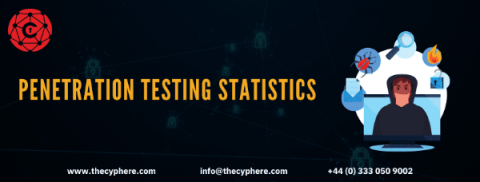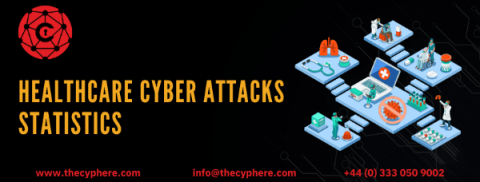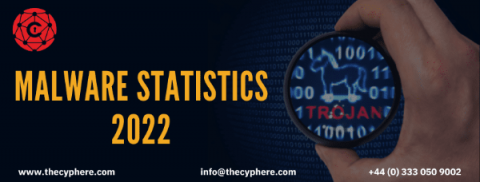Security | Threat Detection | Cyberattacks | DevSecOps | Compliance
April 2023
Penetration testing statistics, vulnerabilities and trends in 2023
The cyber-world is an ever-expanding network of digital systems and technologies that have revolutionized our lives and work. However, these advancements come with inherent vulnerabilities, making the cyber world an attractive target for cybercriminals. From data breaches to ransomware attacks, the list of cyber threats continues to grow.
Small business cyber attack statistics including surprises for 2023
A cyber attack or data breach is a threat to every business. Still, it can be more devastating for small businesses as they face numerous challenges, including cash inflow, competition, employee retention, limited funding, supply chain and other business problems simultaneously, making it difficult for them to survive.
Healthcare Cyber Attack Statistics
As technology has advanced and the world has become more interconnected, the threat of cyber-attacks has become a significant concern for businesses, smaller healthcare organisations, governments, civil rights and individuals alike. While cyber-attacks can target any sector, healthcare organisations have become an increasingly attractive target for cybercriminals in recent years.
Malware statistics to be taken seriously in 2023
We live in a digital age, where new technologies are emerging daily, and old technologies are evolving and merging into new ones so fast that one could quickly lose track. All of this new technology is for the betterment and ease of life and to ensure that humanity lives a peaceful, stress-free and non-redundant life.
Cyber Insurance Statistics - Payouts, Claims and Facts 2023
A data breach may not only damage your computer system or IT infrastructure, but it may also destroy your brand reputation. The consequences of a data breach may be very horrific, which may lead organisations, whether they be large companies or small businesses, to bankruptcy.
Social engineering statistics you must know
It is rightly said that the weakest link, even in a most cyber-secure environment, is the human being which renders the entire organisation as vulnerable as the weakest link. Playing games with the human mind and manipulating human thinking and psychology is extremely easy; hence, the human being is the lowest asset in a secure cyber environment.








